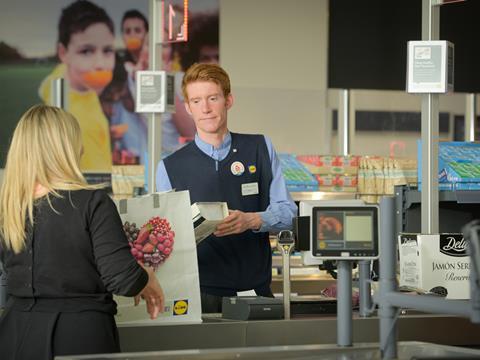
Aldi and Lidl have been tipped to benefit from escalating grocery inflation after inflation remained at 2.3% last month despite rising prices for food, alcohol and tobacco.
The Office of National Statistics today announced that the consumer price index (CPI) remained at 2.3% in the year to March – the same figure that was recorded in February.
However, the stable headline figure hides underlying grocery price inflation, with food prices up food prices up 1.7% on an annual basis.
That represented a leap of 1.4 percentage points from the 0.3% increase in February, which was the first positive rate since mid-2014.
The upward effect came from a wide range of food items – most notably margarine, low-fat spread and crisps – with only fruit providing a small downward contribution.
As well as food, alcohol and tobacco, clothing and footwear, miscellaneous goods and services were the main upward drivers of inflation.
However, these were largely offset by a downward contribution from transport, particularly air fares and, to a lesser extent, motor fuels.
James Brown, Partner at the London office of pricing strategy consultancy Simon-Kucher & Partners commented: “Last month we saw prices increasing year-on-year for the first time in over 30 months.
“Whilst the supermarket price war has helped delay the impact hitting shoppers, it can no longer contain the pressures driving prices up.”
He added that the inflationary squeeze on consumers will change some buying habits, with people buying less, smaller or trading down.
He said: “Aldi and Lidl are well positioned to be winners from consumers’ wallets being squeezed by inflation. They’ve already grown rapidly in recent years as their low cost approach has found increasing favour with Britain’s shoppers, and we expect their combined market share of 12% to grow further in 2017 as more British shoppers look to trade down and go to lower cost supermarket chains.”
The Grocer Price Index last week found supermarket prices increased by 1.4% in March, which was the highest rate of grocery inflation since Christmas 2013.







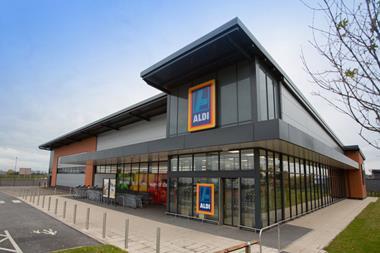
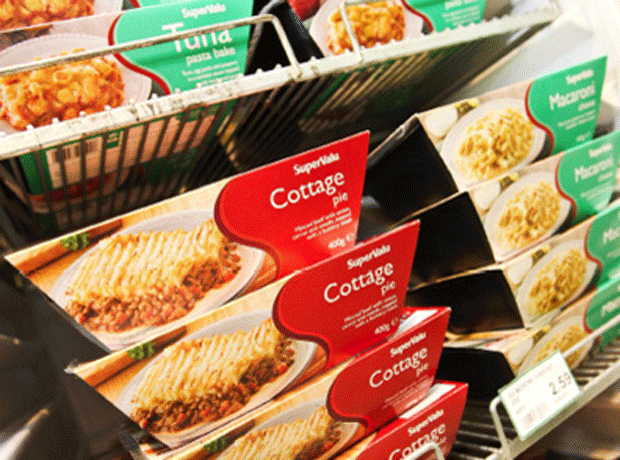
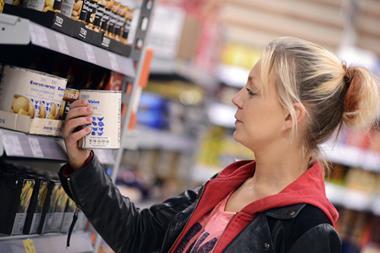
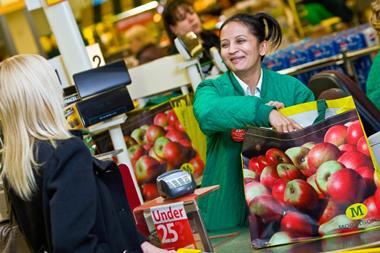
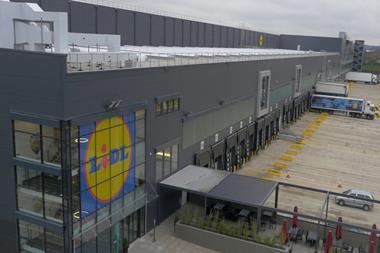






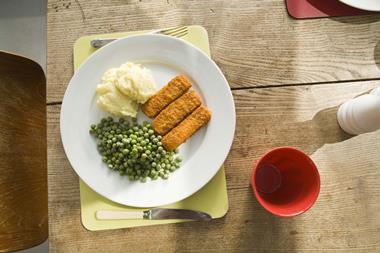
No comments yet